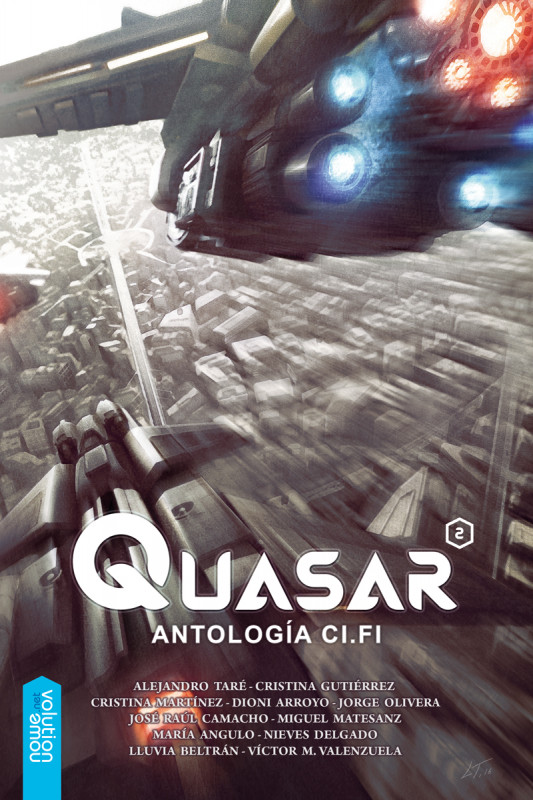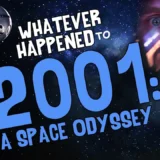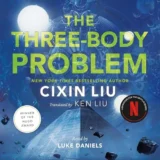 Open Road Media has just Published Joe Haldeman’s The Forever War.
Open Road Media has just Published Joe Haldeman’s The Forever War.
What’s nifty about that (others have published it; after all, it has been around for a while) is that they’ve accompanied the release with an interview with Joe discussing the origins of the book, as well as Joe’s origins as an author.
This new release reminded me of a personal connection I have to this book.
The Forever War was, of course, a major sensation when it first came out, evidences by its Locus, Hugo and Nebula awards. It was also immediately received by readers as an “answer” to Heinlein’s Starship Troopers, engendering much discussion and it is pretty much considered, along with Starship, to have firmly established the military science fiction sub-genre (though of course both of those novels were more sociological commentary than war story).
I loved it equally as much as Starship Troopers and I saw and interesting opportunity because at the time Forever was released, I was heavily into designing strategy board games (the kind with hexagonal maps and 1/2 inch square playing pieces).
Starship Troopers was already backed bu a game from Avalon Hill; fun but ultimately flawed as there was a “perfect” strategy for the Arachnid player unintentionally built into the game design. (Anyone who has played that game and wants to know the secret, get in touch).
There was not, however, a game based on Haldeman’s novel and I figured I was up to the task – and that task was an interesting one as the game design would need to effectively replicate the time dilation effects that are so central to the novel’s story.
In the novel, travel between the stars uses ships that accelerate to a goodly percentage of C (light speed) and then use what are essentially wormholes. Because of the time spent travelling from and to the wormholes, the crew and troops aboard a ship quickly move out of sync with time on Earth.
In terms of the game what that meant was that military conflicts were a crapshoot in terms of what kind of technology adversaries would have; they might be from the past, or, worse, they might be from a “future” so far advanced that you’d not even recognize their weapons, let alone be able to fight them effectively.
This meant that the game design had to allow for a wide range of weapons technologies, from swords, shields and catapults to blasters, forcefields and who knows what.
For a game designer, this was a way-cool problem to solve.
 I went to work but it quickly became futile: Mayfair Games released an atrocious licensed game under the title and at that point, I knew no one else would be interested in my efforts.
I went to work but it quickly became futile: Mayfair Games released an atrocious licensed game under the title and at that point, I knew no one else would be interested in my efforts.
But that’s okay. Sometime during that same time frame I was attending a lot of conventions and at a couple of them I ended up watching Saturday Night Live (a con tradition) with Joe in attendance.
No, it’s not a big deal (either the game or watching TV with the author in the same hotel room), but it is, for me, a deeper connection to the author and the novel than the usual and customary.
The Forever War is a classic and I’m very pleased to see Open Road Media keeping it available.
Here’s a gallery of cover art for the book.
Steve Davidson is the publisher of Amazing Stories.
Steve has been a passionate fan of science fiction since the mid-60s, before he even knew what it was called.

















